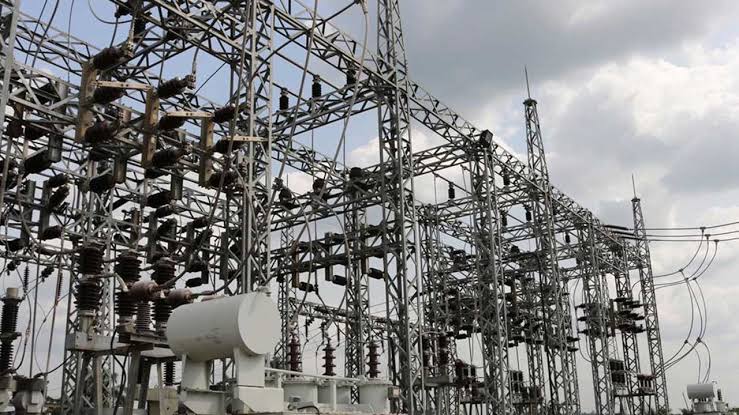Nigeria’s persistent struggle with power outages, stemming from frequent grid collapses, has prompted a shift towards self-sufficiency in electricity generation. Six companies and one private university, Nile University of Nigeria in Abuja, have secured approval from the Nigerian Electricity Regulatory Commission (NERC) to generate and distribute their own power, bypassing the unreliable national grid. This move highlights the growing frustration with the inconsistent power supply and a desire for greater control over energy access. These entities will generate up to 30 megawatts of electricity, utilizing various arrangements tailored to their specific needs.
Daybreak Power Solutions Limited received an off-grid generation license for 2.63 MW, signifying a move towards independent power production decoupled from the national grid. Concurrently, four other entities, including Nile University, obtained captive power generation permits totaling 22.50 MW. These permits authorize the holders to generate electricity solely for their internal consumption, prohibiting the sale of surplus power to third parties. This arrangement allows these organizations to secure a stable power supply without being subject to the vagaries of the national grid.
Recognizing the potential of renewable energy, NERC continues to incentivize its development and utilization through the issuance of permits and registration certificates for mini-grids. Section 165(1)(m) of the Electricity Act 2023 empowers the commission to grant mini-grid concessions to renewable energy companies, enabling them to serve specific geographical areas with a defined capacity and an obligation to provide service to requesting customers. This framework aims to promote localized and sustainable power solutions, particularly in areas with limited access to the national grid.
The regulatory process distinguishes between permits and registration certificates based on the capacity of the mini-grid. Permits are issued for systems with a distribution capacity exceeding 100 kW and a generation capacity up to 1 MW, while registration certificates are granted for smaller systems with a distribution capacity below 100 kW. In the last quarter of 2024, NERC issued 24 mini-grid permits with a combined capacity of 5.5 MW and five registration certificates with a capacity of 450 kW. Prado Limited secured 24 permits to operate mini-grids in five states, while Cross Boundary Energy received five certificates for distribution in Kogi State, illustrating the growing interest in decentralized power generation.
Beyond mini-grid development, NERC also plays a role in regulating other aspects of the power sector, including metering infrastructure. During the same period, the commission certified 18 Meter Service Providers, alongside various meter installer companies, manufacturers, vendors, and importers. Furthermore, 15 permits were issued for Meter Asset Providers, reflecting efforts to enhance the accuracy and transparency of electricity billing and consumption monitoring. These regulatory activities are crucial for ensuring the proper functioning of the power market and protecting consumer interests.
The shift towards self-generation underscores a broader trend of dissatisfaction with the national grid’s performance. As of September 2024, around 250 manufacturers and academic institutions had already opted to generate their own power, effectively bypassing the national grid. These entities, many of which are large electricity consumers, have collectively achieved a generation capacity exceeding 6,500 MW, surpassing the country’s overall power generation which hovers around 5,500 MW. This exodus from the national grid by major power consumers raises concerns about the long-term viability of the centralized power system and highlights the urgent need for systemic improvements. While this self-sufficiency offers a solution for businesses and institutions, the fragmentation of the power system poses challenges for the overall development and stability of the national grid.














